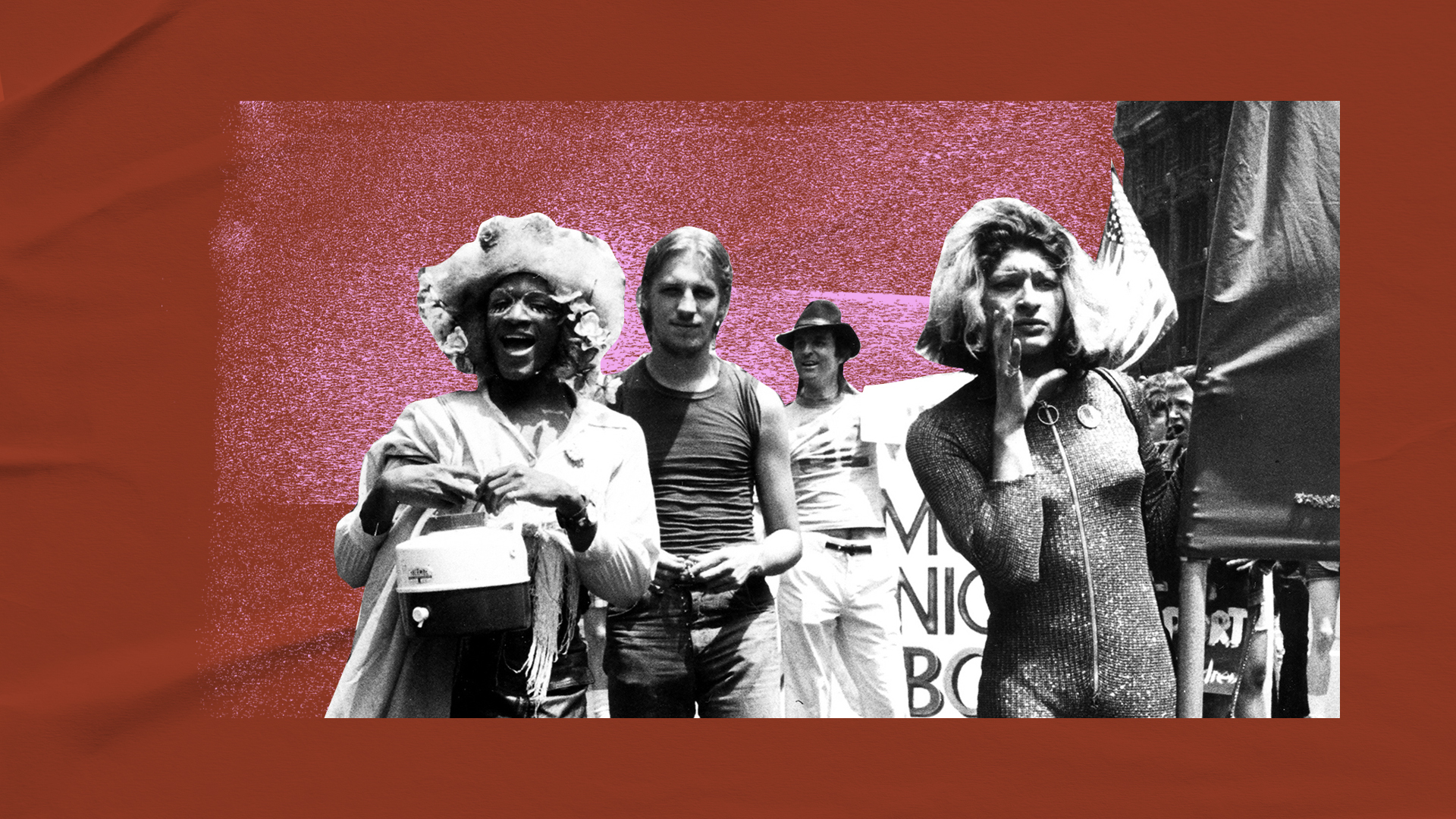
- The use of cryptocurrencies is becoming vastly popular among minority groups in the United States.
- According to a survey, black and LBGTQ+ Americans are twice as likely to invest in crypto compared to white Americans.
- Minority communities feel like they finally can build wealth outside of institutions that often excluded or exploited them.
Having been pushed away by institutions for generations, minority groups went in search of the golden fleece. Now, thanks to the rise of DeFi, they have finally found a place that provides them with the escape they need from everlasting societal discrimination.
According to a survey carried out by Harris Poll and shared on USA Today, Black, Hispanic, and LGBTQ+ investors see crypto investments as an alternative to building wealth and equity. Hence, many crypto users within marginalized groups feel that crypto allows them to become equal players.
Crypto Favored Status Among Marginalized Groups
Based on a survey shared on USA Today, 1 in every 4 members of the LGBTQ+ community invests in crypto. This is a significantly larger percentage when compared to the U.S. population at large, especially considering that only 13% of the general public claimed interest in cryptocurrencies.
Sponsored
According to the results, 23% of Black Americans and 17% of Hispanic Americans have invested in Crypto, while LGBTQ+ respondents recorded the highest percentage of investors at 25%. On the other hand, only 11% of white Americans have shown interest in investing. The numbers thus indicate one commonality: minority groups are leaning on more inclusive and promising alternatives to TradFi.
The Outcome of a Broken System
One of the critical factors that has prompted the growth of crypto investment among minority communities is the lack of entry barriers. Anyone can allocate a minimal portion of their wealth into crypto, without having to feel self-conscious for having a low-income. Perhaps most importantly to this, investments into crypto can be done anonymously, meaning that ethnicity, sexuality and other factors play no part in the process.
Normally, access to financial services and credit is regarded as a necessity in today’s world, whether one is looking to open a basic bank account, or a saving’s account, get a mortgage, or a loan. These are the essential components of the modern economy, and yet your identity check comes first, enabling financial exclusion and discrimination. The inability to access financial services, and the continued unfair treatment of minority groups, has been a long-standing problem affecting millions of people.
Sponsored
According to the academic article ‘’Loan performance and race’’ written by RE. Martin, RC. Hill costs and default rates are certainly higher for those of minority backgrounds, compared to whites, controlling age, income, home ownership, wealth, occupation, loan terms, and geographic location.
43% of Black Americans and 39% of LGBTQ+ people believe they have not been treated fairly by the banking and loans industries, so instead, an alternative option to explore decentralized assets is notably more beneficial than investing into stock markets.
Financial exclusion plays a critical role in increasing and maintaining poverty, thus limiting prosperity for all. It seems only right for marginalized groups to find a proactive, practical solution for financial recovery.
Higher Awareness
While minority groups are rising like the Phoenix, the poll also has found that Black Americans, Hispanic Americans, and Asian Americans have a higher cryptocurrency awareness.
This is potentially a core reason why Black and LBGTQ+ Americans are more than twice as likely to invest in crypto than white Americans, according to the survey.
On The Flipside
- The vision of many cryptocurrency founders, to create a decentralized system and bring about equality, is coming to life. After all, what better than to have an alternative option to escape injustice?